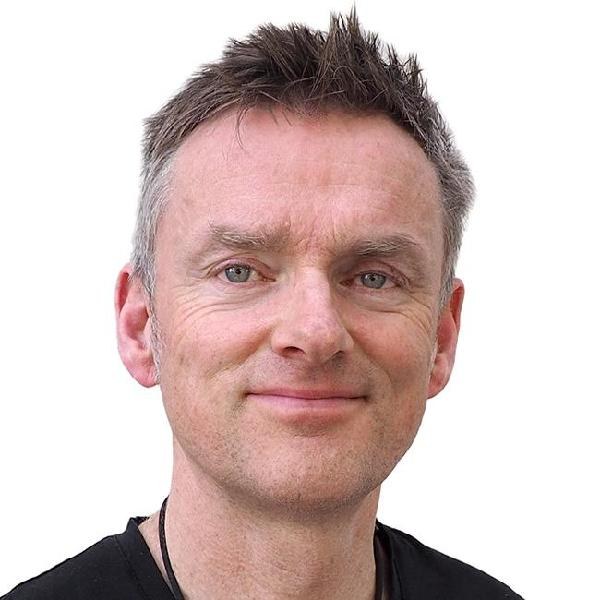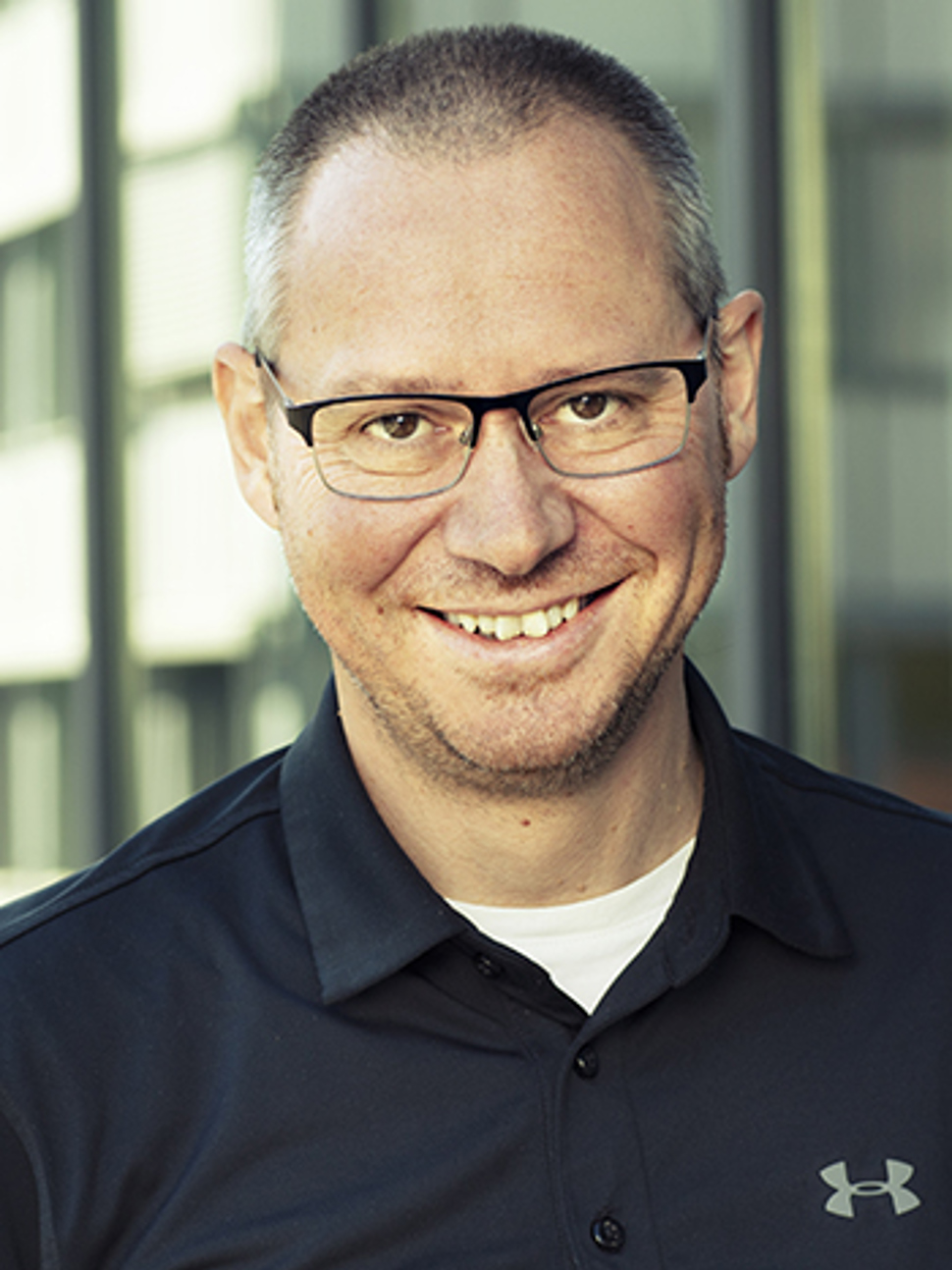Collaborative Life Science Hub Linking Five Organisations to ELIXIR Europe
Coordinated from the University of Bergen, ELIXIR Norway includes subnodes at the University of Oslo, the Arctic University of Norway in Tromsø, NTNU Trondheim, and NMBU Ås. This intergovernmental network supports and advances life science research by integrating resources and expertise nationwide.
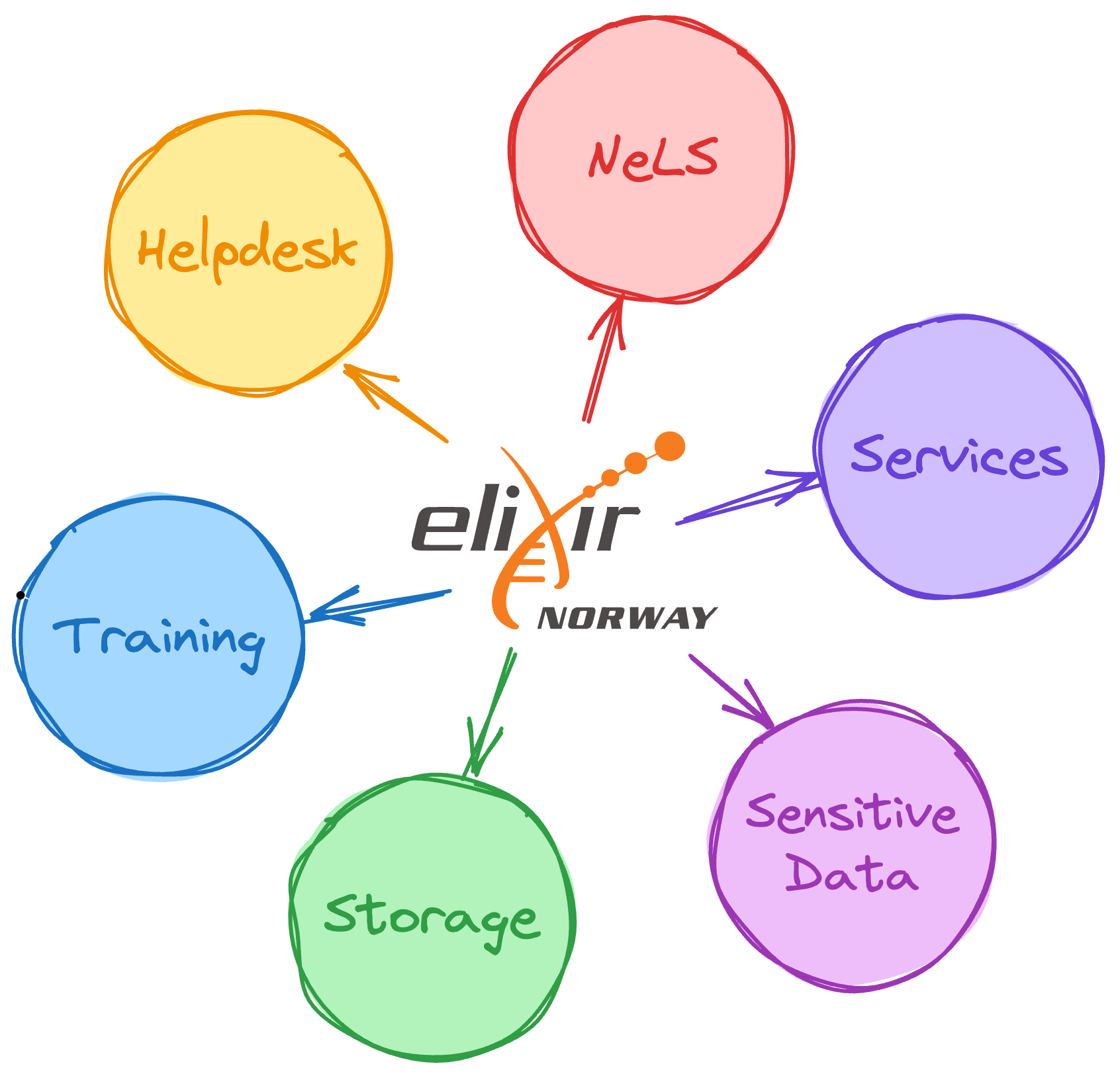
Organisation
ELIXIR Norway is structured into several roles and committees. It includes node leaders from the partner universities in Norway, a node coordinator, coordinators for technical aspects, training, data management, and services, a steering board with representatives from various universities, a scientific advisory committee with international members, and a stakeholder panel featuring experts from academia and industry.
Node Leaders
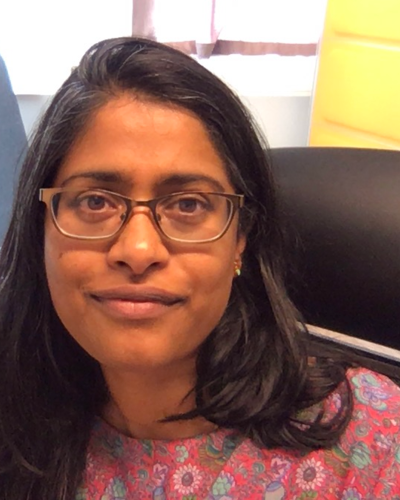 Sushma GrellscheidProfessor, Head of ELIXIR Norway & Head of NodeUniversity of Bergen
Sushma GrellscheidProfessor, Head of ELIXIR Norway & Head of NodeUniversity of Bergen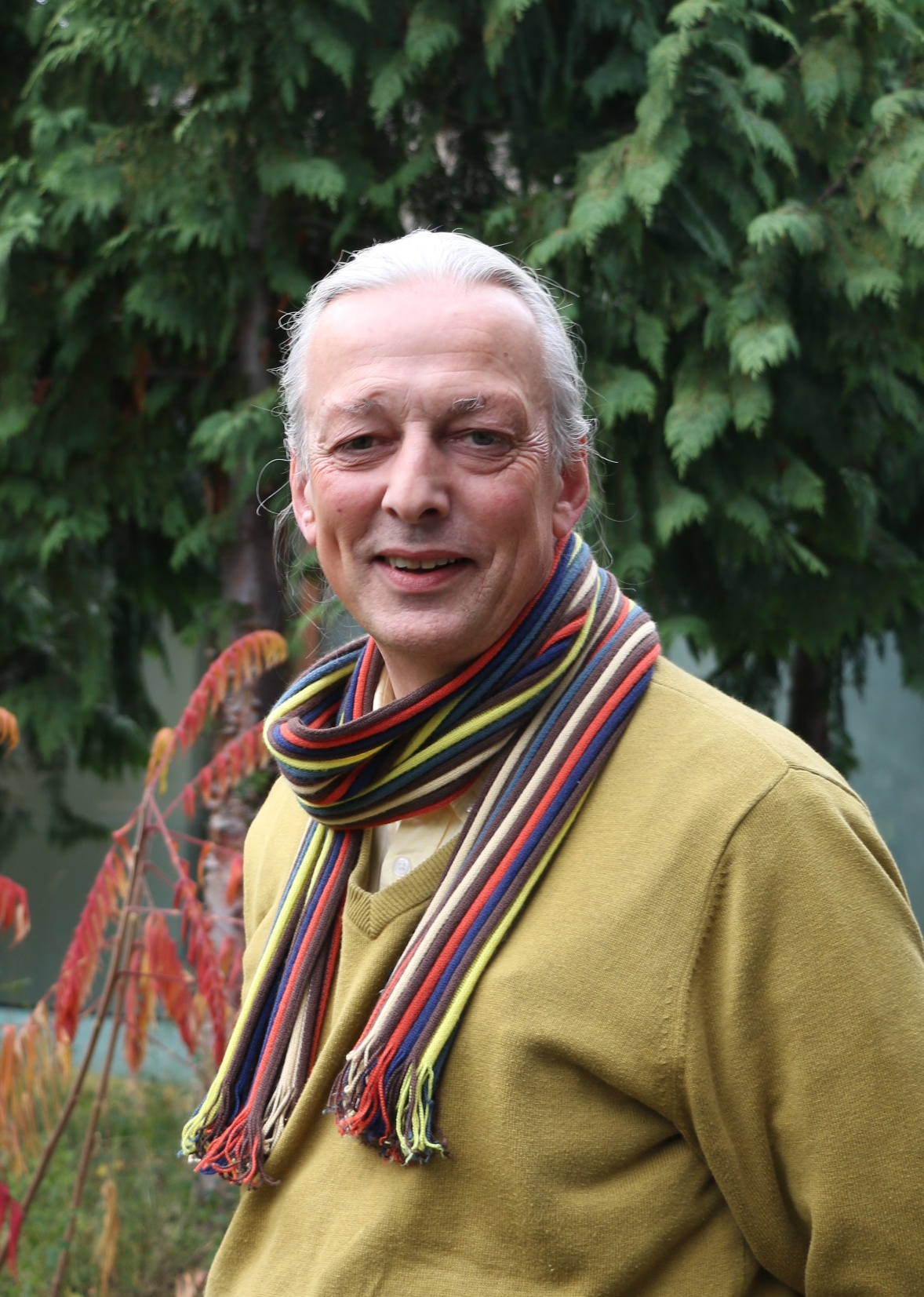 Rein AaslandProfessor, Head of NodeUniversity of Oslo
Rein AaslandProfessor, Head of NodeUniversity of Oslo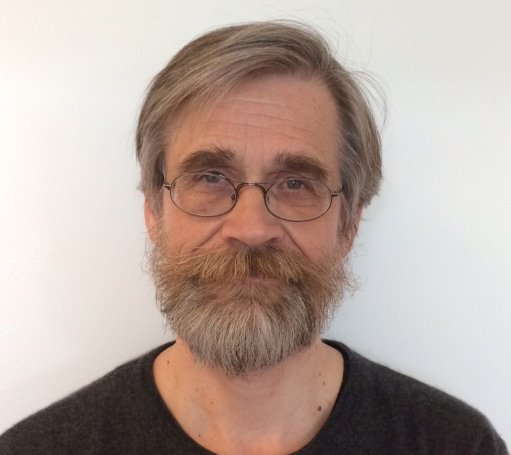 Eivind HovigProfessor Emeritus, Co-head of ELIXIR NorwayUniversity of Oslo
Eivind HovigProfessor Emeritus, Co-head of ELIXIR NorwayUniversity of Oslo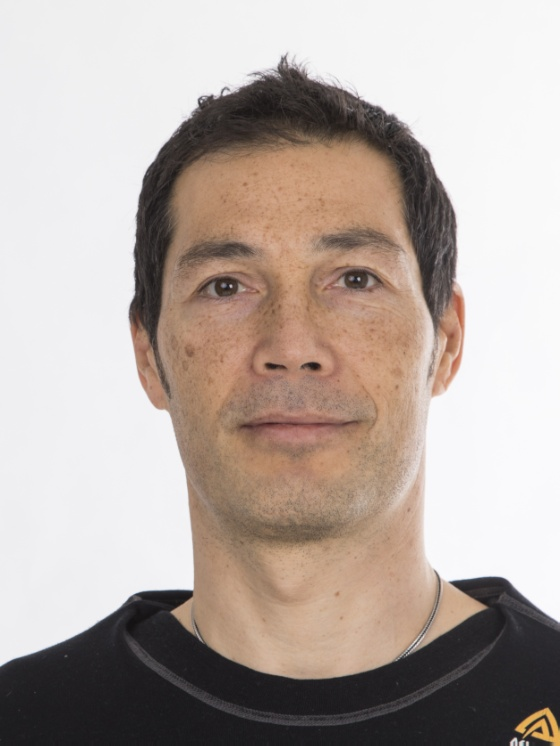 Erik HjerdeResearcher, Head of NodeThe Arctic University of Norway
Erik HjerdeResearcher, Head of NodeThe Arctic University of Norway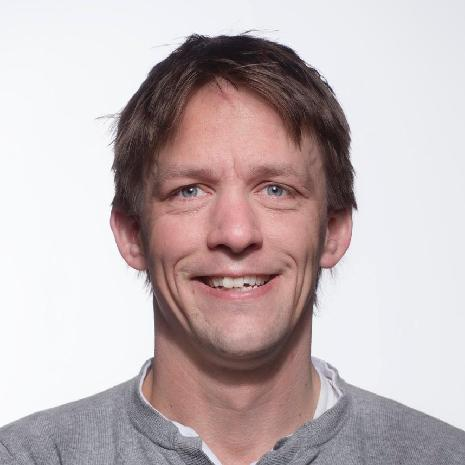 Pål SætromProfessor, Head of NodeNorwegian University of Science and Technology
Pål SætromProfessor, Head of NodeNorwegian University of Science and Technology Simen Rød SandveProfessorNorwegian University of Life Sciences
Simen Rød SandveProfessorNorwegian University of Life Sciences
Coordinators
 Kjell PetersenGroup Leader at CBU, Technical CoordinatorUniversity of Bergen
Kjell PetersenGroup Leader at CBU, Technical CoordinatorUniversity of Bergen Korbinian BöslSenior Engineer, Data Management CoordinatorUniversity of Bergen
Korbinian BöslSenior Engineer, Data Management CoordinatorUniversity of Bergen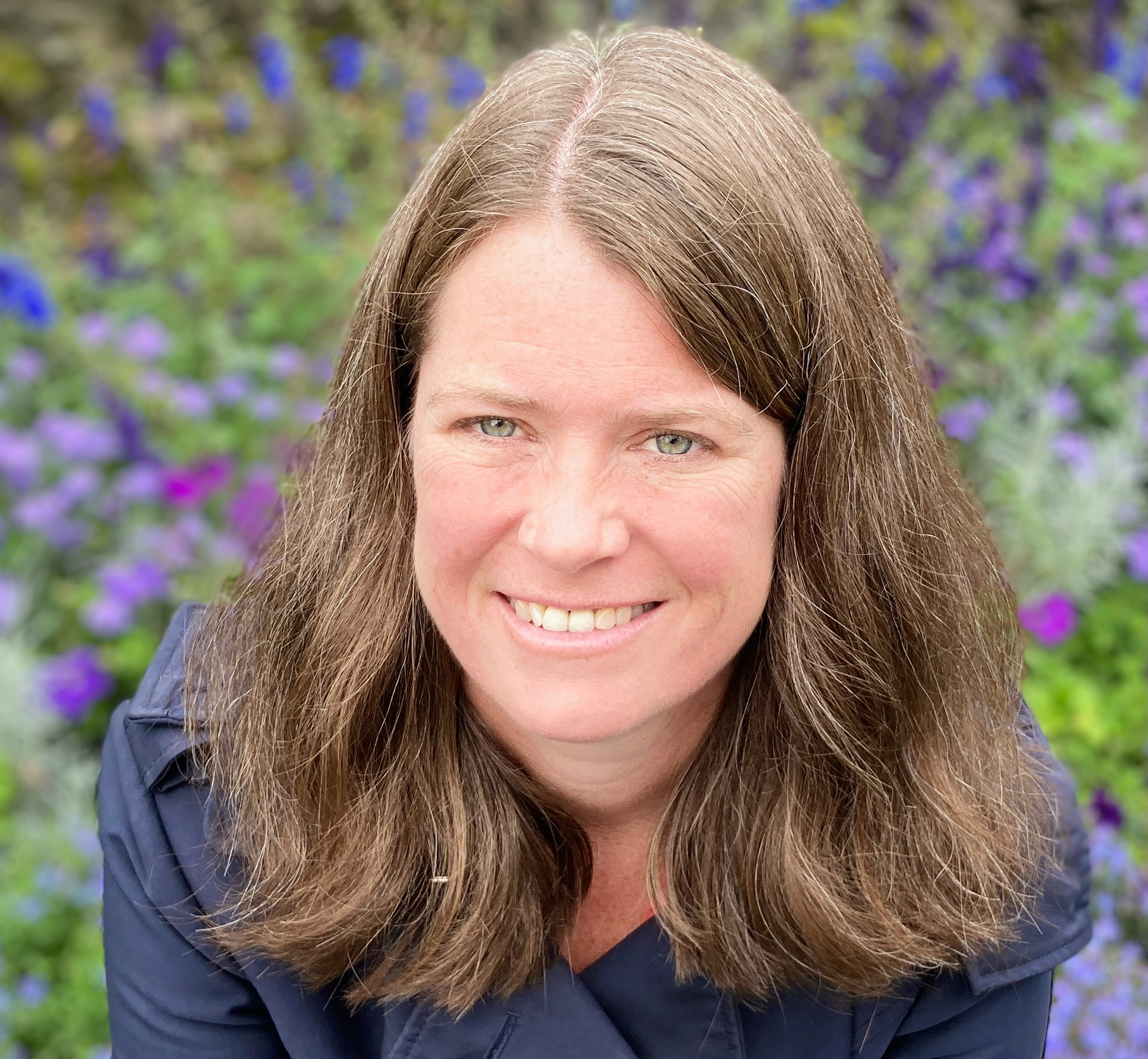 Ingeborg WingeSenior Advisor, Node coordinatorUniversity of Bergen
Ingeborg WingeSenior Advisor, Node coordinatorUniversity of Bergen Erin CalhounResearcher, Training CoordinatorThe Arctic University of Norway
Erin CalhounResearcher, Training CoordinatorThe Arctic University of Norway Espen ÅbergResearcher, Service CoordinatorThe Arctic University of Norway
Espen ÅbergResearcher, Service CoordinatorThe Arctic University of Norway
Steering Board
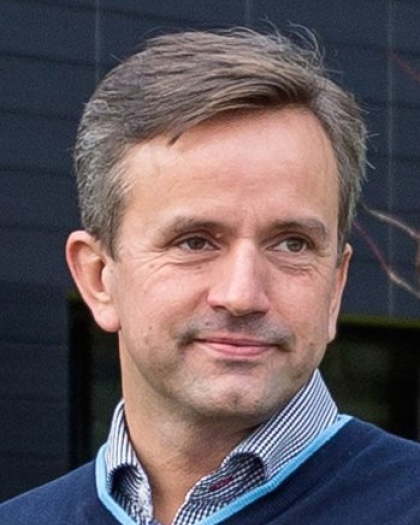 Inge JonassenHead—Department of Informatics, ChairUniversity of Bergen
Inge JonassenHead—Department of Informatics, ChairUniversity of Bergen Roger SimmHead of the Department of Biosciences, ELIXIR Norway steering board memberUniversity of Oslo
Roger SimmHead of the Department of Biosciences, ELIXIR Norway steering board memberUniversity of Oslo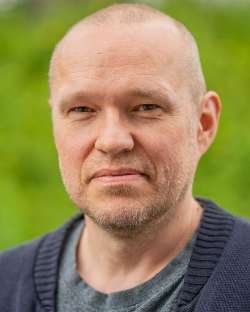 Peik HaugenProfessor, Head—Department of ChemistryThe Arctic University of Norway
Peik HaugenProfessor, Head—Department of ChemistryThe Arctic University of Norway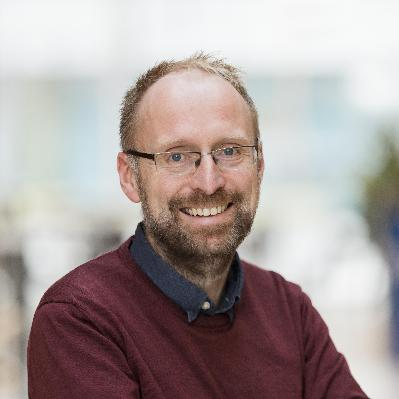 Magnus SteigedalHead Department of Clinical and Molecular MedicineNorwegian University of Science and Technology
Magnus SteigedalHead Department of Clinical and Molecular MedicineNorwegian University of Science and Technology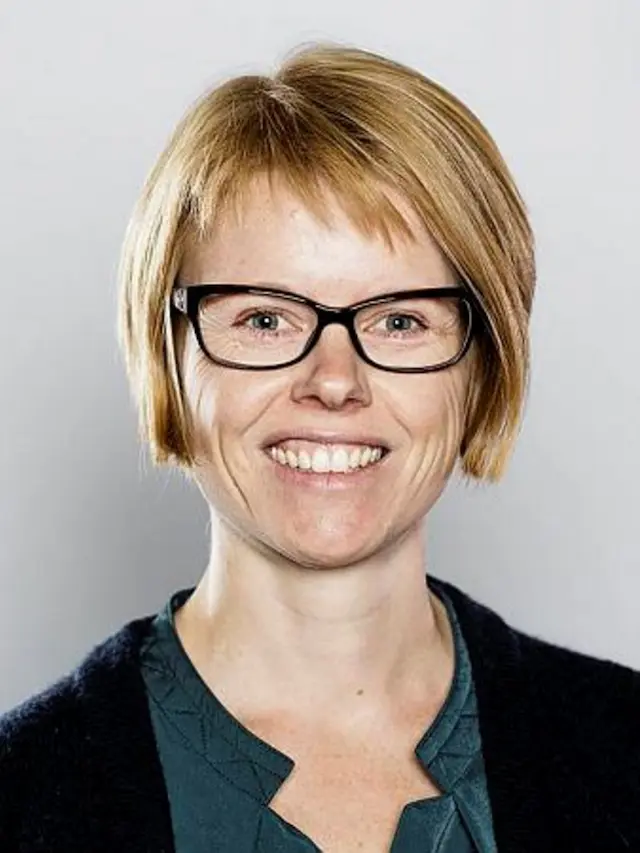 Gro SteineDean—Faculty of BiosciencesNorwegian University of Life Sciences
Gro SteineDean—Faculty of BiosciencesNorwegian University of Life Sciences
Scientific Advisory Committee
 Fátima Al-ShahrourHead—Department of BioinformaticsSpanish National Cancer Research Centre
Fátima Al-ShahrourHead—Department of BioinformaticsSpanish National Cancer Research Centre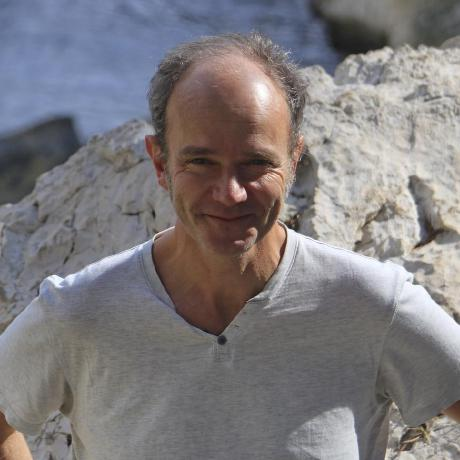 Jacques van HeldenProfessor, Co-Head of Node ELIXIR FranceUniversity of Marseille
Jacques van HeldenProfessor, Co-Head of Node ELIXIR FranceUniversity of Marseille Jaap HeringaProfessor, Head of Node ELIXIR Netherlands, Head—Department of Computer Science VUVrije Universiteit Amsterdam
Jaap HeringaProfessor, Head of Node ELIXIR Netherlands, Head—Department of Computer Science VUVrije Universiteit Amsterdam Anna KreshukGroup LeaderThe European Molecular Biology Laboratory
Anna KreshukGroup LeaderThe European Molecular Biology Laboratory
Stakeholder Panel
Impact
We often explain and communicate the impact of work funded by and through ELIXIR using impact areas. All activities carried out under the umbrella of ELIXIR can be attached to one or more impact categories shown in the illustration. These categories are useful to describe what ELIXIR-related activities are meant to achieve in terms of impact.
International Collaboration
We are a European intergovernmental organisation composed of life scientists, computer scientists, and support staff. Our mission is to enable researchers to harness the vast amounts of data produced in life sciences, providing new insights into how living organisms function in health and disease.
ELIXIR Norway is part of the broader ELIXIR network, which includes 25 member countries working together through a “Hub and Nodes” model:
- ELIXIR Hub: The ELIXIR Hub acts as the central headquarters, coordinating activities across the entire network. It is based at the Wellcome Genome Campus, near Cambridge, UK.
- ELIXIR Nodes: Each ELIXIR member country establishes a ‘Node’—a network of organisations within that country. In Norway, ELIXIR Norway serves as the Node, coordinating local activities and collaborating with national and international partners to advance life science research.
ELIXIR Norway is closely coordinating with the Norwegian representatives to the Global Biodata Coalition. The Global Biodata Coalition convenes the world’s research funders to exchange knowledge and share strategies for supporting biodata resources, and provides a discussion forum for the managers of data resources, with the aim of developing principles and models for the coordinated funding of global core biodata.
